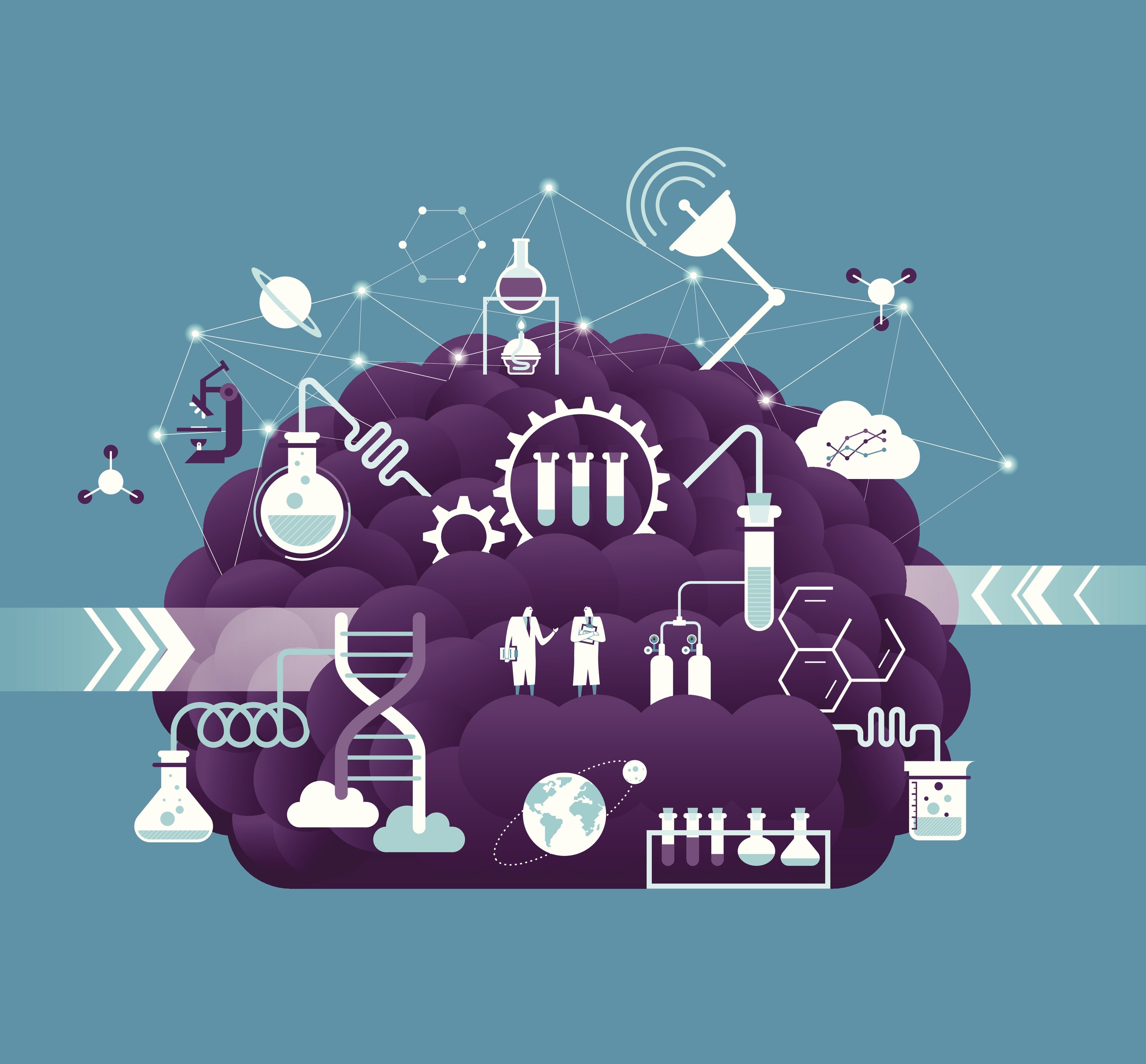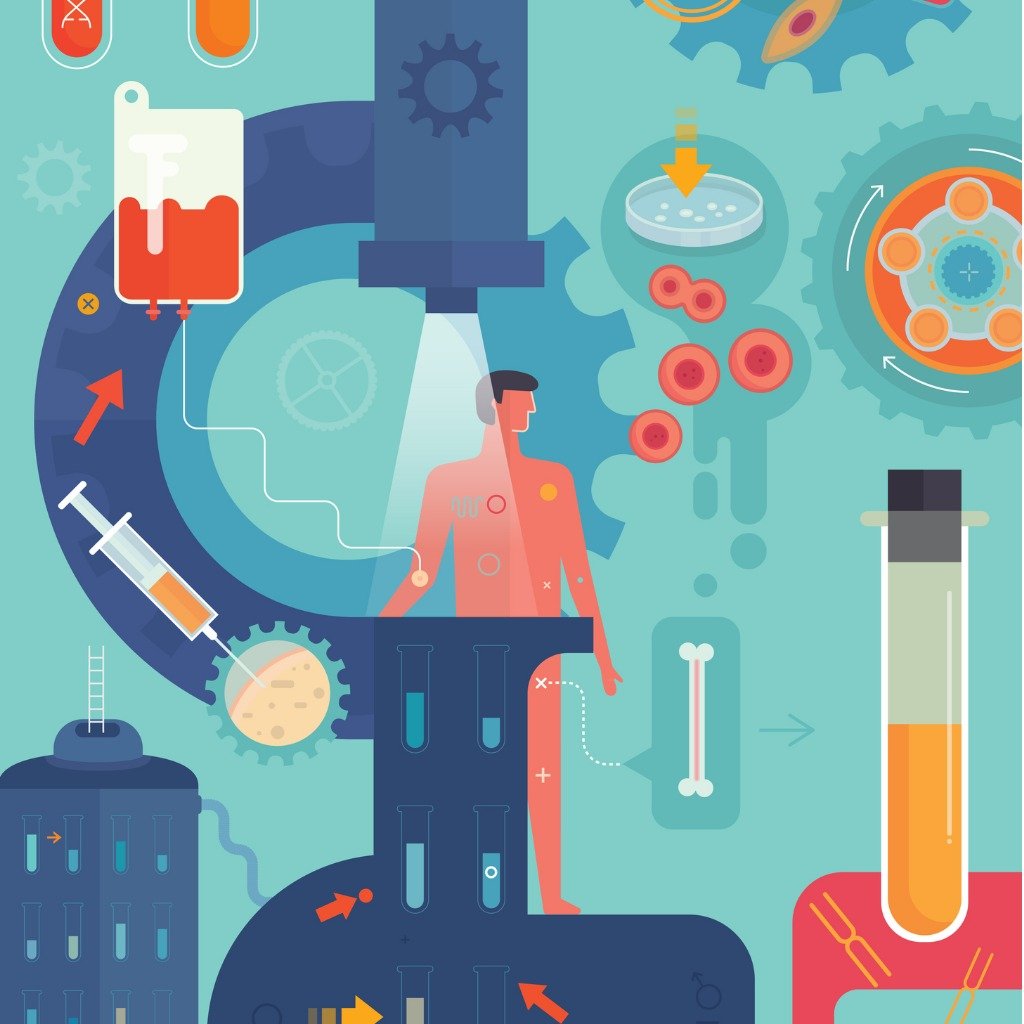Between 2006 and 2016 there were over 2 million scholarly articles published around the globe. Of those, more than 25 percent – 568,000 – were focused on medicine, more than double the next area of study¹.
Despite the spike in medical knowledge, there is still a struggle to understand why some treatments work while others do not and the reality is that there is still much we don’t know.
In recent years, there has been equal parts hope and hype over Artificial Intelligence (AI) and how to use it to unravel human disease more quickly and efficiently. In a recent article in Forbes,...
Most allergy sufferers know that receiving a series of allergy shots can prevent sniffling, sneezing, and red eyes. But not everyone is aware of how it actually works. The shots contain a very small amount of the allergen, the thing that is causing the problem. While the allergen introduced into the system isn’t enough to cause sickness, it does set off an alarm telling the body’s immune system it’s time to get to work. Over time, the doses get larger and eventually help the body develop a tolerance to the allergen. In other words, the body becomes immune to the invader.
This concept is a...
The U. S. healthcare industry now produces an estimated 1.2 billion clinical care documents a year. Within those documents is an amazing amount of detail on an individual patient’s care plan, medical history and overall health. So why is this type of data, not often touted, important? When analyzed, this detailed patient data has the potential to improve healthcare outcomes. The only problem is that about eighty percent of that data is unstructured¹.
Longitudinal data – data that includes all healthcare encounters of a patient or member over a continuum of care and time – is critically...
Clinical leaders at Dana-Farber Cancer Institute for Neuro-Oncology were becoming more frustrated with the lack of treatment options for patients suffering from glioblastoma (GBM). The aggressive form of brain cancer, which recently claimed the life of Senator John McCain, is one of the deadliest forms of cancer and has no known cure. Most people diagnosed with the disease die within 15 months and a meager 15 percent survive past five years¹.
Not satisfied with the slow pace of traditional randomized controlled trials studying GBM, Dr. Brian M. Alexander at Dana-Farber decided to act. A...
Last week, an op-ed was published in the New York Times that asked an important question: Are patients being misled by the promise of precision medicine? The article, which focused on the treatment of various forms of cancer, posited that the successes achieved through precision medicine are relatively few when compared to its failures¹.
Precision medicine is a term that has been trending for several years (just try googling it). Previously, the healthcare industry had tried other avenues to produce better outcomes at lower costs. While the hype around what precision medicine can achieve for...
The power and effectiveness of artificial intelligence (AI) and its continued integration into everyday life is becoming more widely accepted. This is especially true in healthcare where researchers are making significant strides in identifying the causes of and providing more effective treatments for major diseases.
But among these successes is a question of whether some AI results may be biased. A recent article in Fast Company acknowledges that AI should be “the great equalizer” because it is all about objective math and calculations. But the article raises the question of “creator bias”...
Imagine living with pain every day—when a four or five on a ten-point scale is a good day and eight or nine amounts to about a third of your days. Imagine not being able to do the thing you love – travel - because of noises, lights, smells, weather, and sleeping conditions. No more visits to the beach because of heat and bright sunlight. Cancelled plans, countless visits to doctors and emergency rooms, and trying to exist in a controlled environment of low light and minimal noise.
That’s the life my sister lives – a life trying to cope with chronic migraines. And it breaks my heart.
My...
There is a wide and varied mix of opinions when it comes to artificial intelligence (AI). Peruse just about any publication and there’s likely to be an article or two on how AI will transform the way we live for the better or conversely how it is sure to overtake our lives in unimaginable ways.
Adding to the confusion, you have technology visionaries like Elon Musk saying, “I’m close to artificial intelligence (AI) and it scares the hell out of me”. Or Bill Gates calling AI “our biggest existential threat.”1 Given those impressions, it’s no wonder that many people today still fear the power...
Interest in applying artificial intelligence and machine learning to healthcare has reached a pinnacle. Every day there are a slew of new articles and reports discussing the various ways that algorithms can transform the industry and there are many interesting technologies being developed and deployed—from digital health technologies that aim to make care delivery more patient-centric to machines that use image recognition to identify tumors before the human eye can see them.
A big area of potential growth for the use of AI is in precision medicine— the ability to customize the treatment...
Judea Pearl is not happy.
One of the pioneers of Artificial Intelligence in the 1980’s, Pearl said in a recent interview in The Atlantic that the field of AI is stuck in a world of reasoning by association and probabilistic predictions. Pearl thinks too many people are deploying AI to overcome uncertainty – predicting what will happen next by association rather than leveraging the power of the technology to deal with cause and effect. He goes on to say that AI and machine learning need to move more aggressively to evaluate interventions and causal models to gain true value1.
Healthcare...



.jpg)







